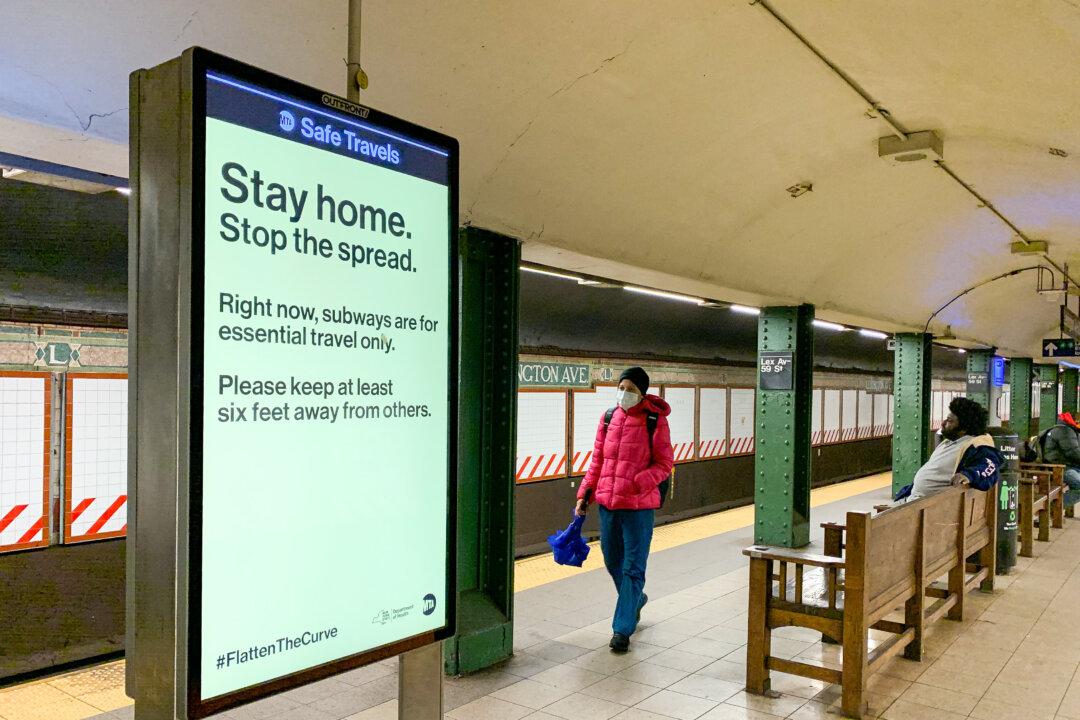The percentage of adults with symptoms of anxiety or depression increased significantly during the COVID-19 pandemic, according to a survey conducted by the Centers for Disease Control and Prevention and the U.S. Census Bureau.
The percentage with recent symptoms of either disorder increased from 36.4 percent to 41.5 percent, with the percentage reporting an unmet mental health care need increasing from 9.2 percent to 11.7 percent.





